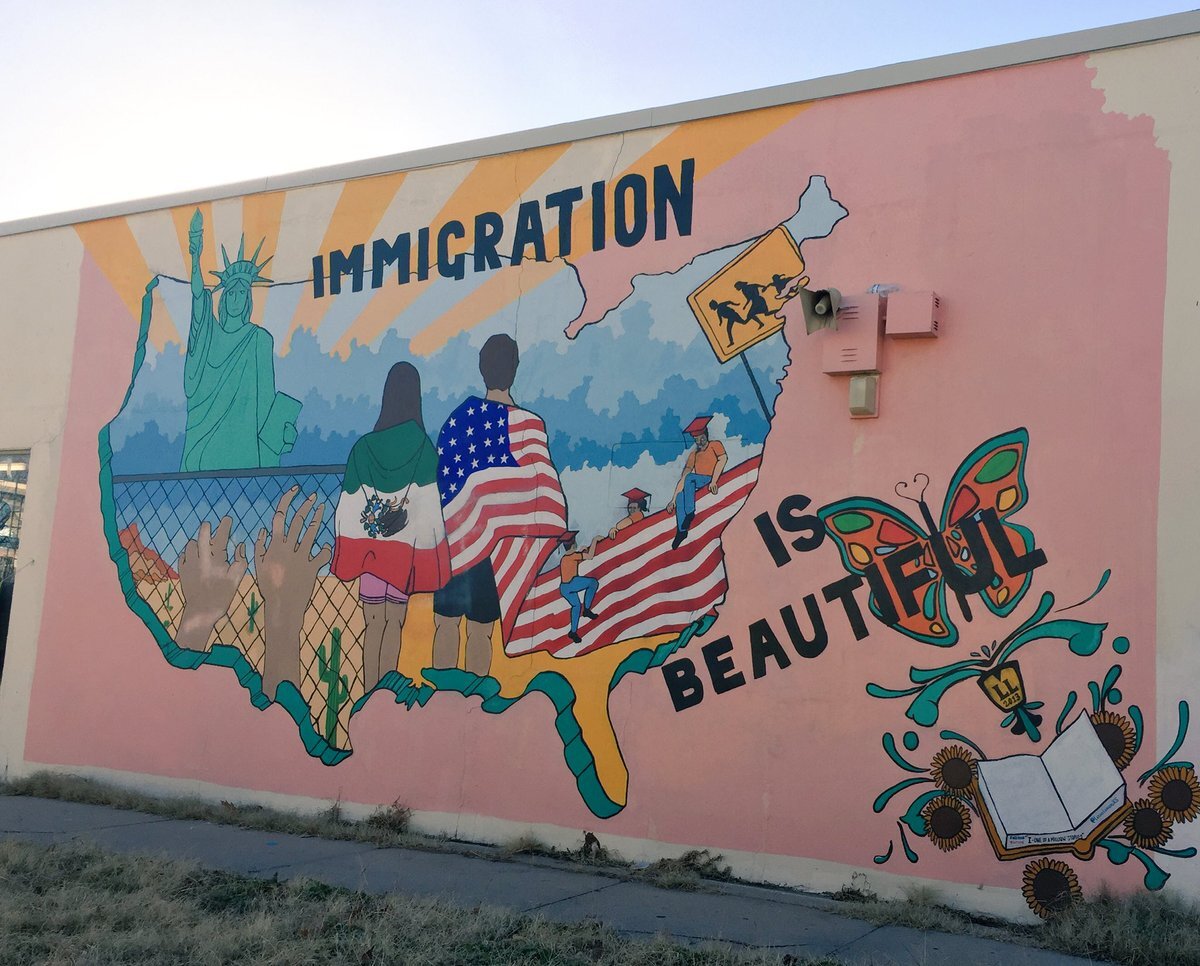Border Patrol "Ice-Boxes" Are Inhumane
Jennie Santos-Bourne Litigation Attorney Americans for Immigrant Justice
Landmark Settlement for Asylum Seeker Detained by Customs and Border Protection paves way for changes to system
“I was forced to leave my home country after receiving threats from a man who had held me hostage and assaulted me. I was sure he would kill me. I had a stable career but knew the only place I could be safe was the US. I walked through the desert for two days. I was desperate to get to a hospital because I am diabetic and have heart problems. I was relieved to see Customs and Border Protection (CBP) officers because I thought they would help me. Instead of taking me for medical attention, they took me to the holding cells that officers themselves refer to as hieleras (ice-boxes). I became ill on the first day there and other women in the cell told the officers that I needed help, but the officers did nothing and told the women they were going to handcuff them and take them to a colder cell because they were complaining. On the second day, when I fainted, CBP officers dragged me out of the hielera by my legs and arms. I was handcuffed, put in a wheelchair and taken to the hospital. After I was discharged from the hospital, I was returned to the hieleras. They kept transferring me between cells and I missed meals because of the transfers. There was no soap or shower and I was filthy. I felt very sick the whole time. I cried a lot. I felt like an animal and was so depressed. I saw many pregnant women there and many children. In all, I spent 13 days confined in a hielera.” – Alba Quiñonez Flores
With support from The Impact Fund, Americans for Immigrant Justice (AI Justice), in conjunction with the law firm of Kurzban, Kurzban, Weinger, Tetzeli and Pratt, P.A., brought a landmark Federal Tort Claims Act case on behalf of Alba Quiñonez Flores [Alba Quiñonez Flores v. United States of America, 14-CV-3166 (E.D.N.Y), filed May 20, 2014] that challenged the conditions of her detention in multiple holding stations operated by CBP along the U.S./Mexico border in southern Texas. Ms. Quiñonez, is just like thousands of other immigrants detained by CBP every year, held in the freezing, dirty, overcrowded ice-boxes and denied access to proper medical care, adequate meals, clean drinking water, and basic hygiene products. They are forced to sleep on cold concrete floors with bright fluorescent lights on 24 hours a day. AI Justice brought the lawsuit to challenge the inhumane practices and deplorable conditions at these federal detention centers and to seek compensation for Ms. Quiñonez's damages.
Ms. Quiñonez crossed the border into the United States with several prescription medications from her native country to treat a number of serious chronic conditions. Upon arrival at the hielera, CBP agents confiscated her medications and provided no medical assessment to arrange for replacement medications. Within a day of being denied access to her medications, Ms. Quiñonez collapsed and had to be transported to a local hospital. Since this lawsuit was filed, CBP promulgated a new policy in October 2015 requiring its agents to ensure that any detainee with non-U.S. prescribed medication has his or her medication validated by a medical professional or is taken in a timely manner to a medical practitioner to obtain an equivalent U.S. prescription.
AI Justice obtained a substantial monetary settlement of $80,000.00 on behalf of Ms. Quiñonez to compensate her for the damages suffered while in CBP custody. This award is illustrative of the harm and trauma detainees, many who are asylum seekers, are exposed to while in CBP custody. Ms. Quiñonez commented that "When I thought all was lost and that I would be deported, [AI Justice] arrived with help and supported me in my federal case against the U.S. government for the abuses I suffered…thanks to AI Justice, I learned about my rights as a human being."
This lawsuit also resulted in two important rulings regarding venue in federal district court. First, in a landmark ruling, Judge Jack B. Weinstein of the Eastern District of New York held in a published decision that non-citizens paroled into the United States who are seeking asylum can establish proper venue in the federal district where they reside while their claim is pending. This was an issue of first impression never previously decided in any court. Second, Judge Weinstein denied the Government's attempt to transfer the case to Texas based on convenience considerations. These rulings will help other asylum seekers bring claims in courts located where they live rather than having to travel to faraway districts along the border in pursuit of justice. This individual victory brings us one step closer towards the elimination of the ice-box warehousing of vulnerable migrants fleeing to the U.S. in search of sanctuary.










